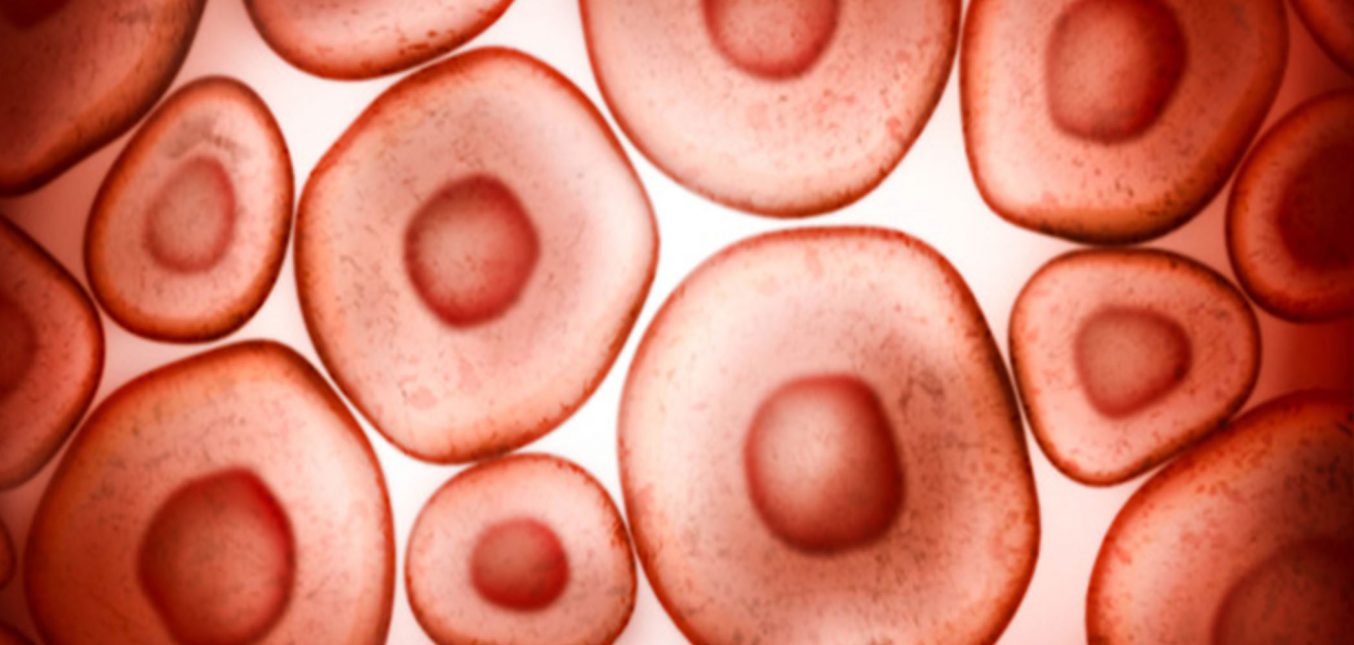A scientific study has found that fasting for just 72 hours can rebuild your body’s entire immune system.
There has long been debate surrounding the prospective advantages of fasting. On the one hand, fans of fasting point to the many benefits that they declare fasting can provide them. This includes promoting weight loss, stabilizing insulin levels, lowering triglyceride levels in the body and slowing down the signs of aging.
Fasting boosts immunity
There are a variety of various ‘fasting plans’ ranging from intermittent fasting lasting. Usually, these plans last 14 to 18 hours up to longer-term programs, abstaining from any solid foods for 2 to 3 days. Each is said to bring their benefits and obstacles, offering a choice alternatives for everybody.
Lots of nutritional experts and medical professionals argue that fasting is nothing more than an unsupported trend, and brings with it a variety of health risks that you need to consider carefully. They point to the lack of nutrients gained during the fasting period, as it limits not only the consumption of unhealthy foods. Likewise, those that our bodies require consisting of fruits, veggies, lean protein and healthy fats. Furthermore, they argue that fasting often results in rebound eating, which results in a general weight gain as opposed to the desired weight reduction.


Fasting to fight cancer
A new research study out of the University of Southern California provides an exciting discovery, once again bringing the argument to the forefront. The group gathered a group of participants and inquired, in the preliminary phases, to fast for 2-4 days regularly over a 6-month duration. During this time, they saw some unbelievable changes. The participants saw a noticeable decrease in the production of the enzyme PKA, a hormonal agent which has been associated with an increased danger of cancer and tumor development. Furthermore, the body immune system of the participants appeared to get a total overhaul.
Teacher Valter Longo, Ph.D., the lead scientist of the research team says the results of the study have left him stunned, saying:
“What we started noticing in both our animal work and human work is that the white blood cell count decreases with prolonged fasting. “Then when you re-feed, the blood cells come back. “So, we started believing, well, where does it originate from?”
Fasting triggers a switch
The findings might offer substantial hope for those that are prone to illness, currently getting chemotherapy treatments or just for our elderly citizens. The research study shows that the act of fasting triggers a switch to flip in the body, signaling it to begin a “stem-cell based regeneration of the hematopoietic system.” It required the body to utilize up its stores of glucose, fat, and ketones, as well as started to break down a large number of white blood cells. The loss of white blood cells flagged the body to, in turn, restore brand-new immune system cells.

Teacher Longo discussed, “When you starve, the system attempts to save energy, and among the things it tries, is to save energy by recycling a great deal of the immune cells that are not required, specifically those that may be harmed.” According to the study’s finding, this would mean that the procedure of fasting for a 72-hour period followed by re-feeding with a healthy, nutritionally focused diet can provide, those who are struggling, with a fresh new immune system. While the possible benefits are worth additional review, medical professionals caution that further study is needed before it will be viewed as a definitive medical choice. The study’s co-author Tanya Dorff, MD, assistant teacher of clinical medicine at the USC Norris Comprehensive Cancer Center and Hospital explains:
“While chemotherapy conserves lives, it triggers substantial collateral damage to the body immune system. “The results of this study suggest that fasting may alleviate some of the hazardous results of chemotherapy. “More scientific research studies are required, and any such dietary intervention needs to be undertaken only under the guidance of a doctor.”
Source: Daisy Magnum

